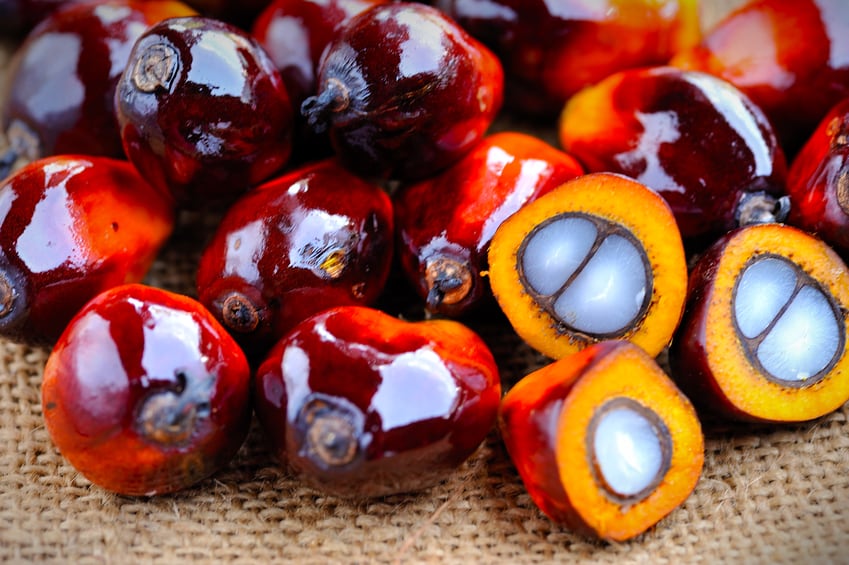Palm oil production has been often criticised by environmentalists because of its large carbon footprint and negative impact on biodiversity. But scientists have discovered a method of cultivating palm oil that has no negative impact on the climate or biodiversity.
The study from Lausanne’s Federal Institute of Technology (EPFL) and the Swiss Federal Institute for Forest, Snow and Landscape Research (WSL) recommends creating palm oil plantations on disused pasture land as an alternative to clearing forests.
Researchers investigated oil palm crops that had been planted on former pastures in the Los Llanos region of Colombia, the world's fourth-largest palm oil producer.
There, large areas of pastures - which themselves had been planted in the past on savannas - were replaced by oil palm plantations 56 years ago. By calculating the crops' carbon footprint since then, the scientists found that the total carbon storage - taking into account both vegetation and soil stocks - was unchanged relative to when the land had been used for pastures.
"Our study is the first to look at the carbon footprint of palm oil production over the long term - that is, across two plantation cycles, since oil palm trees are replaced every 25-30 years," said Juan Carlos Quezada, a PhD student at EPFL's Ecological Systems Laboratory (ECOS) and the study's lead author. "It's also the first to explore how converting pastures into oil palm farms affects soil quality and fertility over the long term, looking at all soil layers, not just the surface."
Carbon capture
In tropical climates, pastures - especially those that have been neglected and degraded - commonly consist of large grassy areas with a few small trees scattered around. Planting dense populations of oil palm trees - which can reach 15 meters in height - on these pastures can increase the carbon capture rate per unit of surface area, thanks to the palm trees' roots, trunks and leaves, as well as the vegetation around them.
Under typical farming methods, oil palm trees are cut down every 25-30 years and replaced with young trees to start a new plantation cycle. As the roots and other parts of the old trees decompose, they nourish the soil and partially offset the carbon initially lost in the upper soil layer when the pastureland was converted. As a result, over the long term cultivation period, the amount of carbon stored in the ecosystem remains unchanged compared to the initial level before land conversion took place.
An alternative worth exploring
"We should bear in mind that palm oil in and of itself is not harmful - neither to our health, when eaten in moderation, nor to the economy. And we're not talking just about multinationals - the incomes of hundreds of small farmers in Colombia and other countries depend on it," said Alexandre Buttler, head of ECOS and a co-author of the study. "The problem lies with the negative carbon impact and loss of biodiversity caused by deforestation. But the main palm oil producing countries have large abandoned pastures that could be converted favorably, thus limiting the massive carbon loss resulting from deforestation."
Source
Carbon neutral expansion of oil palm plantations in the Neotropics
Science Advances
Authors: Juan Carlos Quezada, Andres Etter, Jaboury Ghazoul, Alexandre Buttler and Thomas Guillaume
DOI: 10.1126/sciadv.aaw4418





